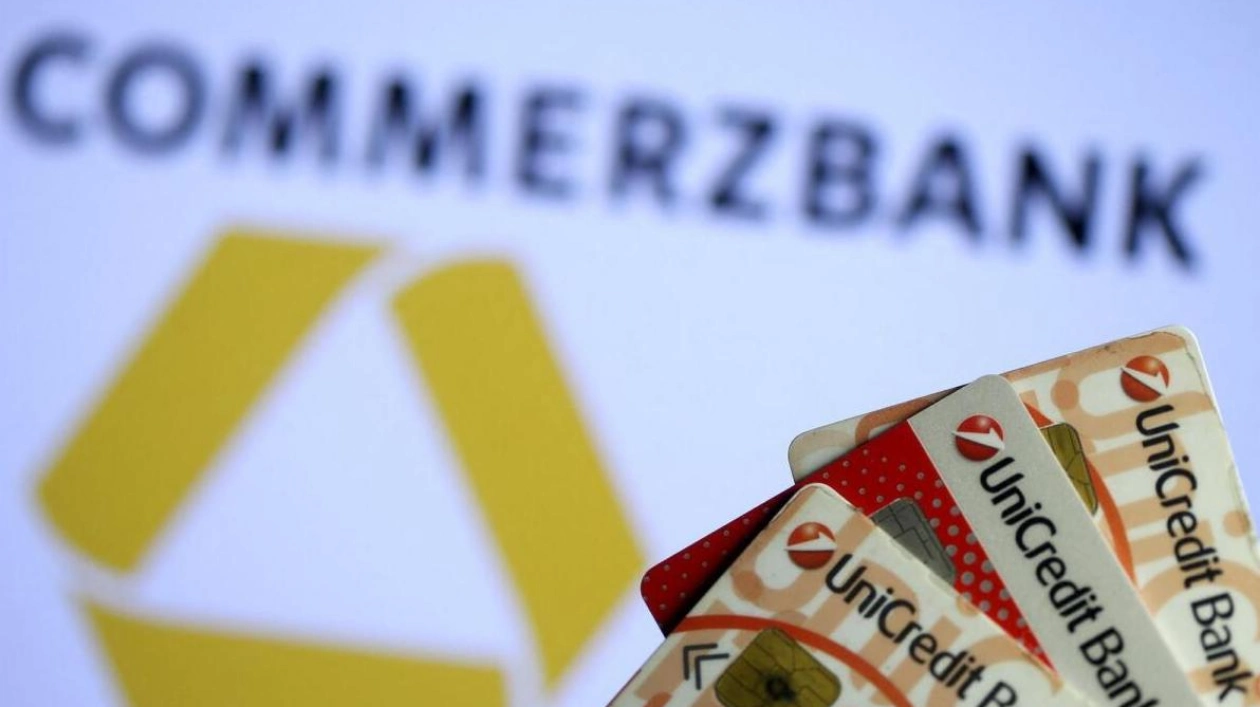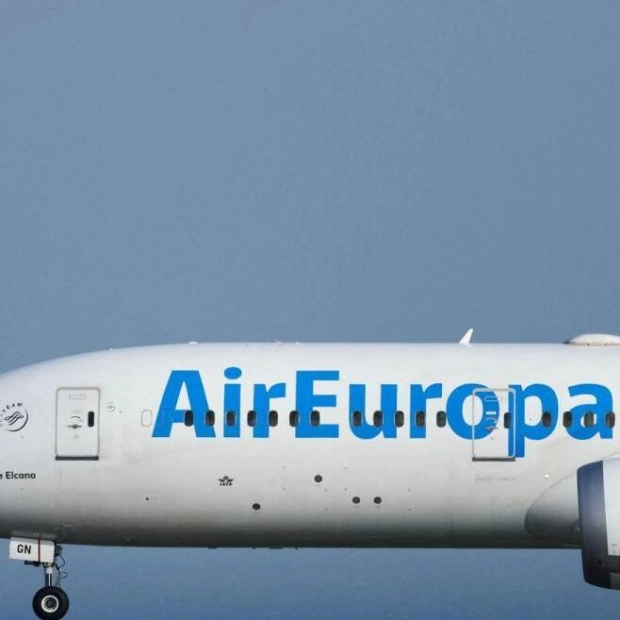UniCredit's recent move to acquire a 9% stake in Commerzbank has reignited discussions about the future of German banking, prompting Berlin to halt the sale of its shares in the lender and drawing attention to Deutsche Bank as a potential competitor. Italy's second-largest bank made its move earlier this week, surprising German authorities and facing resistance from Commerzbank's local management, who are keen to thwart the takeover attempt.
UniCredit CEO Andrea Orcel stated on Thursday that he is open to a merger but is in no hurry, emphasizing that his investment in Commerzbank is, in any case, a sound one. His direct approach, which involved purchasing a stake before the German government's planned sale of shares, has ruffled feathers in Berlin and was met with disapproval at Commerzbank's headquarters in Frankfurt, according to sources.
Commerzbank, which received state aid following the 2008 financial crisis, is one of Germany's few major privately-owned banks and a significant lender to the country's Mittelstand, the network of medium-sized companies. The German government had previously announced its intention to reduce its stake in the bank. Hans-Peter Burghof, a banking expert from the University of Hohenheim, expressed concerns that a merger with UniCredit would lead to reduced competition in Germany, particularly in the segment serving medium-sized companies.
As the situation developed, investors also began to consider the possibility of a takeover by Deutsche Bank. Analysts at JPMorgan suggested that such a combination would be in the best interests of both Deutsche Bank and Germany, particularly in the context of geopolitical and trade tensions. They argued that having a larger German bank as a national champion and Hausbank for German corporates could be advantageous.
However, there are doubts in Germany about the feasibility of a Deutsche/Commerzbank union. Deutsche Bank previously explored a takeover of Commerzbank at the request of the German government but ultimately abandoned the idea. One significant obstacle was the potential multi-billion-euro financial hole that could arise from the adjustment of the valuation of certain investments, such as Italian government bonds held by Commerzbank.
Potential job cuts and the impact on customers are also major concerns. Stephan Szukalski, a trade union leader and non-executive director on Deutsche Bank's supervisory board, expressed surprise at the idea of Deutsche Bank resuming talks with Commerzbank. He predicted that such a combination would lead to the loss of corporate clients who value having a choice of banks.
In the meantime, Orcel indicated that he would seek approval from the European Central Bank for UniCredit to increase its stake in Commerzbank if it so desires. ECB President Christine Lagarde noted that cross-border mergers are of interest to many authorities and that it will be intriguing to observe the process unfold in the coming weeks.






